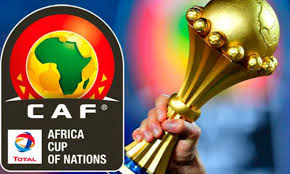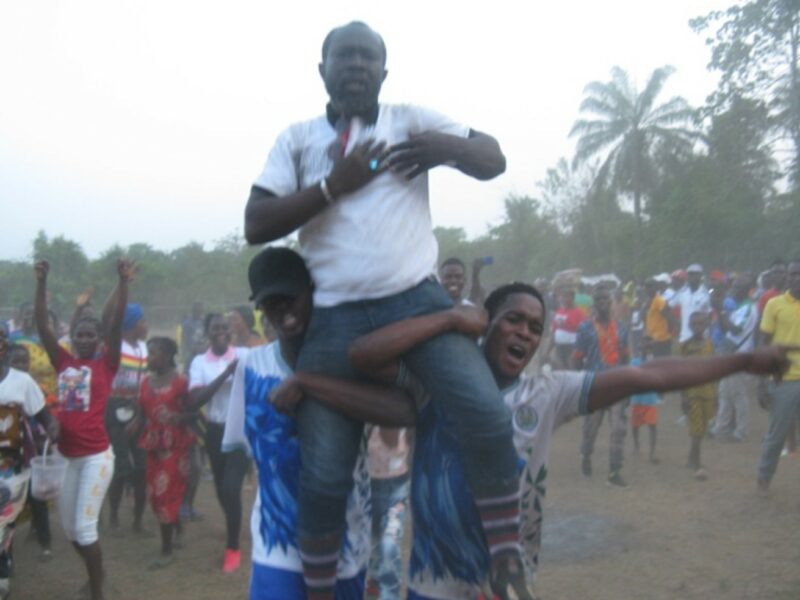Junior Seau and concussions in sports
On Wednesday, former NFL star Junior Seau was found dead in his home from an apparently self-incflicted gunshot wound to the chest – he was 43 years old. Seau was a linebacker for 20 years in the league, spending the majority of that time with his hometown San Diego Chargers, with whom he went to the Superbowl in 1994. He spent the best part of two decades giving and taking high-impact hits, being credited with more than 1800 tackles. While we still do not know the full impact that such a career had on Seau’s body, in particular his brain, there is more and more evidence being accumulated that concussions – diagnosed or not – can have a devastating effect on players of many sports. (Photo: Junior Seau died on Wednesday at age 43)
There is a growing list of former sports stars whose lives have been cut short by either a suicide, or a death that can be linked back to a mental health issue. Former Chicago Bears player, Dave Duerson, like Seau, shot himself in the chest last year – a post-mortem examination of his brain confirmed he had brain damage that was linked to concussions. From the NHL, three players who were “enforcers”, all passed away within a four-month span last year: Derek Boogard died from an accidental overdoes of painkillers and alcohol – the autopsy showed he suffered from chronic traumatic encephalopathy; Rick Rypien, who had played for the Vancouver Canucks, committed suicide after a long battle with depression; and Wade Belak’s death in August of 2011 was by self-strangulation. There continues to be research into the long-term effects of possible concussions from heading a football (soccer ball) over a long period of time, but two British players, who were known for their ability in the air, suffered untimely deaths in the last decade. Back in 2002, former West Bromwich Albion player, Jeff Astle – known to many people of my age from his appearances on “Fantasy Football League”, died from a degenerative brain disease that came from the minor trauma he suffered every time he headed the ball – the coroner listed the cause as death by industrial injury. Last November, Gary Speed – who had spent 22 years plying his trade in the upper echelons of the English leagues – took his own life.
While research continues into the effects of concussions in sports, what we can be sure of is that many players of the games we love are suffering in ways that are not yet understood. As well as the impact of tackles, fighting, or heading a ball, there is also the issue of how players cope with retirement after so many years spent as a professional athlete. After being cheered and in the spotlight for so long, to suddenly have to deal with that adulation going away, alongside finding a new routine to your life, can lead to depression. With mental health still being a taboo subject, it must be hard for sports players to find an avenue to discuss such problems openly, or find a sound way of overcoming them.
There have been countless stories over the last two years about the effect of concussions in sport, yet virtually nothing has been done to alter the conditions for athletes. Hockey fights continue, with the crowd cheering along; and while the kickoff may have been moved 5 yards in the NFL, there were still 171 concussions recorded last season. Although the general course of play in baseball is not conducive to so many big hits, plays at the plate where a runner will slide into the catcher to attempt to dislodge the ball, or at second base when the player attempts to break up a double play, are dangerous and could easily be outlawed. The 2006 American League Most Valuable Player, Justin Morneau, has only just returned to regular action after suffering a concussion in 2010, obtained when he got hit in the head by a knee while trying to prevent a double-play being turned.
What of us fans – who cheer big hits from our players, or the fights in hockey? Have we become the new Romans in the Collesseum, baying for blood, only satisfied when we see the kill? Are we any better, because the suffering of the modern day gladiators does not take place in the arena, rather in the privacy of their own home when they are no longer in the public eye? When incidents occur in front of fans where serious injury may have occurred, then the importance of the game is forgotten with all concern being turned on the wellness of the player who is at risk – the collapse of Fabrice Muamba during the Tottenham vs Bolton game in March proof of that. But we need to think about what happens after we leave the stadium, and when players end their careers too. While the NFL and NHL might be known for brutality and uncompromising players, would we not accept some rule changes if it protected the well being of the stars who compete in the leagues? Safer helmets – regardless of their appearance – and harsher penalties for those who commit violent fouls should be an easy starting point. Also, there needs to be more research into these issues and an increase in the mental health care that is provided to sports stars, both retired and those still playing. The legendary former Liverpool manager, Bill Shankly, once said that “Football isn’t a matter of life and death; it’s more important than that”. It’s not.
John Lally, USA @ http://politicalfootballs.com
Stay with Sierra Express Media, for your trusted place in news!
© 2012, https:. All rights reserved.





